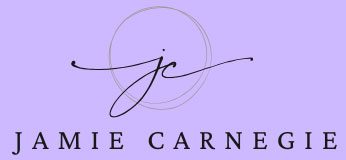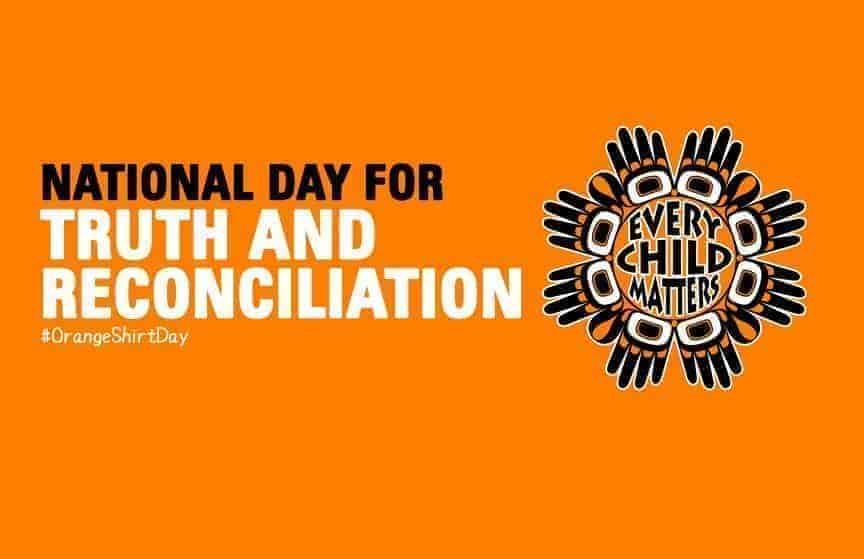This September, as I reflect on the National Day for Truth and Reconciliation, I find myself drawn not only to the work I do with organizations and communities, but also to my own family story. It is a story that holds both vivid memories and large silences, reminding me that reconciliation begins at home in the truths we are willing to uncover and face. And it is not unique to my family, as many Canadians share similar family dynamics, shaped by this nation’s history of colonization and the policies that attempted to erase Indigenous identity, culture and family ties.
The Spark: The Knowing
Earlier this year, I listened to The Knowing by Tanya Talaga. I was completely hooked. One passage stopped me in my tracks: Talaga described a baptism in Moose Factory, where her ancestors were given Anglican names alongside the Wesley family. Wesley is the name of my matrilineal ancestors.
Could these have been the same Wesley’s I descend from? Were they the grandparents of my great-grandmother? I don’t know. I think it is very likely as I know they were from Moose Factory and became a part of Treaty 9. This possibility opened a flood of questions. It left me wondering: what do I really know about the lives, choices, and struggles of those who came before me? And what has been kept from me?
I do know my great-grandmother through both memory and story. When I knew her, she was blind and living with multiple health challenges, and she carried a mischievous sense of humor. My cousins preyed on my shyness and would push me toward her rocking chair. She would grab me, hug me to her lap, and rock me. She would sing to me in her accented English, leaving smears of her face cream all over my eyeglasses. At the time, it was frustrating to be “stuck” with her while my cousins played outside. I realize now that those moments became the memories I carry as my truest inheritance of her.
What I Don’t Know and What I Now See
As I reflect now, I realize that my great-grandmother’s life was shaped by the structures of the Indian Act and the colonial systems that denied Indigenous women their rights and identities. I know she attended Indian Residential School and likely lost connection to her family while experiencing abuse and maltreatment. As a young woman, she married my great-grandfather, who was not Indigenous, and lost her Indigenous status as a result. From then on, her worth and her survival were linked to her attachment to a man.
But knowing that survival drove her choices also forces me to confront the harm. By all accounts, my great-grandfather was not a kind man. He was cruel, and his actions left deep scars. These truths are difficult to sit with, but they are part of my inheritance.
My Grandmother’s Gifts
While my grandmother kept much of her past silent, she gave me so much in the present. She made sure her grandchildren felt seen and loved. I remember sitting around her table, laughing and sharing stories over tea. She had a gift for service, to her family, at work, and in her community, and she modeled what it meant to give generously of yourself.
She was also a searcher, always seeking new ways of understanding the world and herself. Long before personal growth became a cultural trend, she was exploring religion and ideas. In her 60s, never having completed high school, she enrolled in a university literature class just to see what was possible. That kind of reinvention and openness was her quiet form of courage.
Her silence may have hidden truths I wish I knew, but her love, strength, and curiosity were undeniable. She taught us resilience not by talking about it, but by living it. She showed us how to keep going, how to hold each other up, and how to live fully in the face of hardship.
I carry both parts of her legacy: the unanswered questions, and the resilience she instilled. Together, they are part of my knowing.
The Impact of Silence and Privilege
As I reflect now, I see how my grandmother’s silence also helped create the privilege I grew up with. By shielding us from these stories, she set me up for a life where I did not carry the same visible weight of intergenerational trauma. Her coping strategy allowed me to move in the world differently, to have access, safety, and opportunity in ways that my ancestors did not.
That realization is unsettling, but it is also clarifying. My privilege is not an accident. It is tied directly to choices of survival and silence made by those before me. It is also tied to systems that harmed my ancestors and continue to harm many relatives today.
Carrying the Knowing Forward
So what do I do with this? For me, the challenge and the responsibility is to carry this knowing forward. To let it deepen my empathy, inform how I support community, and remind me of the resilience required to survive systems designed to erase. It means refusing to turn away from hard truths and instead integrating them into how I live and work.
Reconciliation, at its heart, is not only about policy or organizational change. It is about truth. And truth is often messy, painful, and incomplete. It lives in the stories we remember, the silences we inherit, and the questions we may never fully answer.
For me, reconciliation begins with this: holding the complexity of survival, harm, silence, and privilege, and choosing to carry that knowing with integrity.
This reflection is part of my ongoing journey of inclusion, innovation, and impact. It is deeply personal, but also deeply connected to the work I carry forward in community. May we each find the courage to face our truths, and the responsibility to act on what we come to know.

